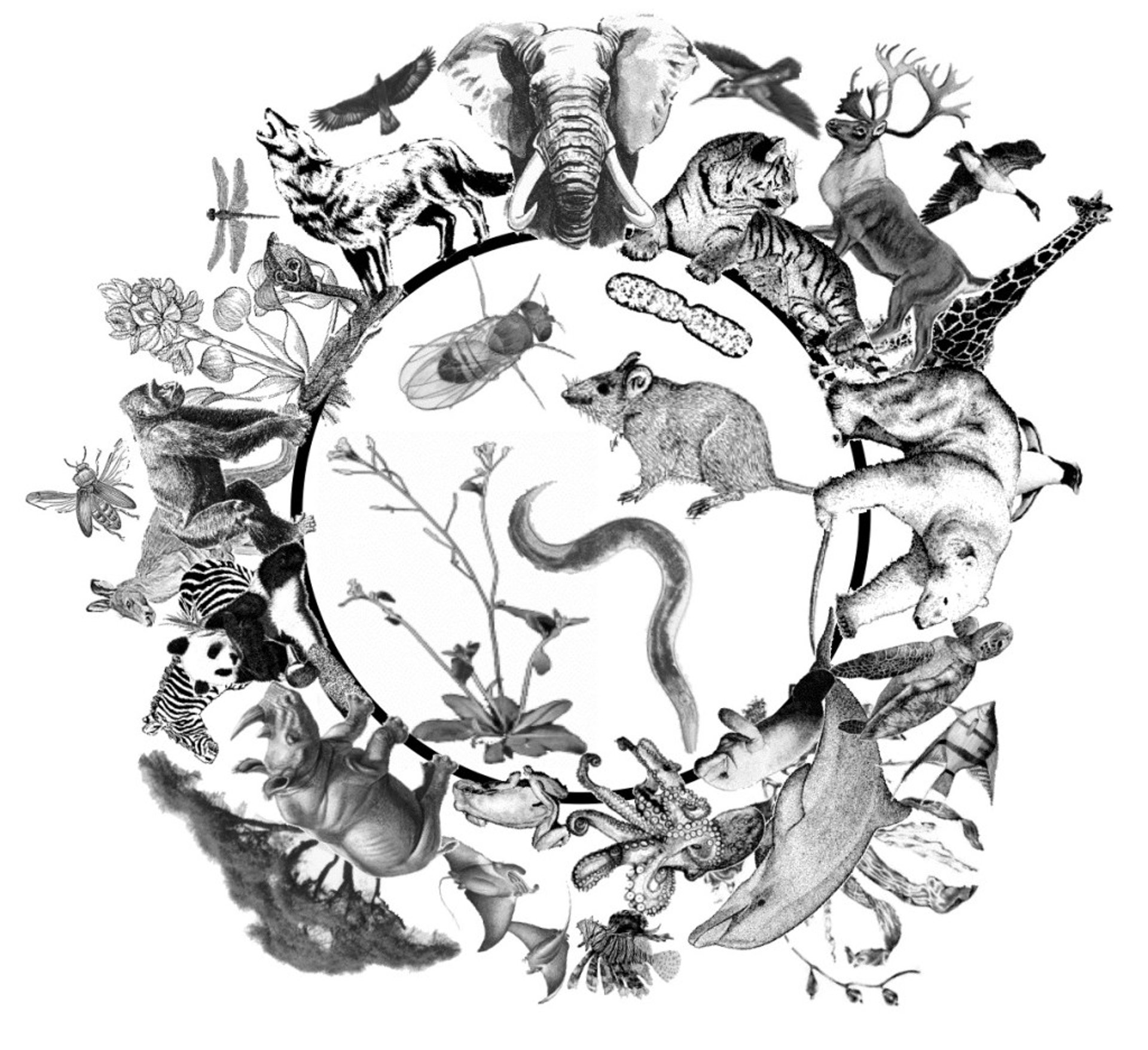
Harish Senapati, Student , IISER Berhampur
Is Biology Really a Subject of Exceptions?
While studying biology, we’re told that it’s a subject of exceptions. Many people think that we just have to mug up facts in biology and this preconception forces them to hate biology. But is it really true? Is biology really such an illogical science? Let’s dig deeper to find the answers. Rules in Science are used to simplify and organize ideas, and they serve as guides in predicting what will be discovered in the future. One point to note is that rules are always artificial and based on our perceptions and observations of nature. This view of scientific enquiry is known as Model Dependent Realism. According to this view, it is pointless to ask whether a model is real or not, but only whether it agrees to the observations. If there are two models that both agree with the observations, then it can’t be said that one is more real than the other. Our sensory system can’t perceive UV light and hence our perception of the world surrounding us is that it is devoid of UV light. But that doesn’t mean UV light doesn’t exist in nature (we know that it actually does). Many Flowers have Nectar Guides which can only be seen in UV light and which function in attracting some insects who can perceive UV light. However, one can use whichever model is more convenient in the situation under consideration. A similar philosophy guides the field of Biological Sciences.
Rules are constructs of the human mind that mirror nature, but only imperfectly. Living things have developed such a variety of strategies to cope with the myriad of conditions found on the Earth’s surface by means of various evolutionary forces that it is difficult to formulate rules broad enough to include all these cases. Let’s consider a nice example to make the point clearer. Plants absorb CO2 through stomata found on the surface of leaves. Stylites andicola, which grows on decomposing peat in the Andes, has no stomatal pores, and moreover, the aerial parts of this plant are covered with a thick cuticle that is impermeable by CO2 . Though apparently an exception, there is an easy explanation to it all: There is a rich supply of CO2 in the decomposing peat which is absorbed via the roots, thus removing the need for a stomata while also avoiding fluid loss. Nature took the approach which is best for that particular condition (We with our consciousness do take these types of decisions, while Nature blindly does this job by means of natural selection). To consider this fact as an exception will be a reflection of human ignorance. Another widely celebrated example is that of Viruses, which are considered to be an exception to what we call ‘living things’. Although the first question is, do we really know the meaning of life? No, till now, have been unable to find that. Of course, the journey for answering this question has revealed many new secrets of the biological world. Maybe encountering an Alien in the future may refine our knowledge in this regard, but the main point is that consideration of this as an exception is really a great example of our foolishness. Calling viruses an exception life in spite of not knowing the real definition of the term living body is really so stupid! Now let’s turn to one of the most boring (as considered by many students) part of biology, i.e., Taxonomy. “Exception” is a very common word in this area. We keep on forgetting one thing: the long history of evolution of life on this planet has created such a continuous spectrum of diversity of lifeforms that classifying it in any manner will always be a failure which leads us to blindly consider those errors as exceptions. But the so called exceptions are also not as harmful as what I have tried to present in the previous paragraphs. As a field becomes thoroughly studied, more and more exceptions arise. In one sense, rules become less firm, but in another sense exceptions eventually make rules more clear-cut by defining their boundaries and revealing some situations in which the rule cannot be applied. In the words of the great biologist, William Bateson, “Treasure your exceptions! When there are none, the work gets so dull that no one cares to carry it further. Keep them always uncovered and in sight. Exceptions are like the rough brickwork of a growing building which tells that there is more to come and shows where the next construction is to be.” To conclude, I would like to highlight the words of one of the greatest scientists the world has ever produced, Albert Einstein. He says: “The basic laws of the universe are simple, but because our senses are limited, we can’t grasp them. There is a pattern in creation.”
References
1. Biology Today- Exceptions to the Rule- Maura C. Flannery
2. The Grand Design- Stephen Hawking
3. Nothing in Biology makes sense except in the light of evolution.- Theodosius Dobzhansky
4. The Methods and Scope of Genetics- W. Bateson
5. Baldscientist.wordpress.com-the Exceptions of Biology
6. Can biology be an exact science?- J. J. C. Smart




